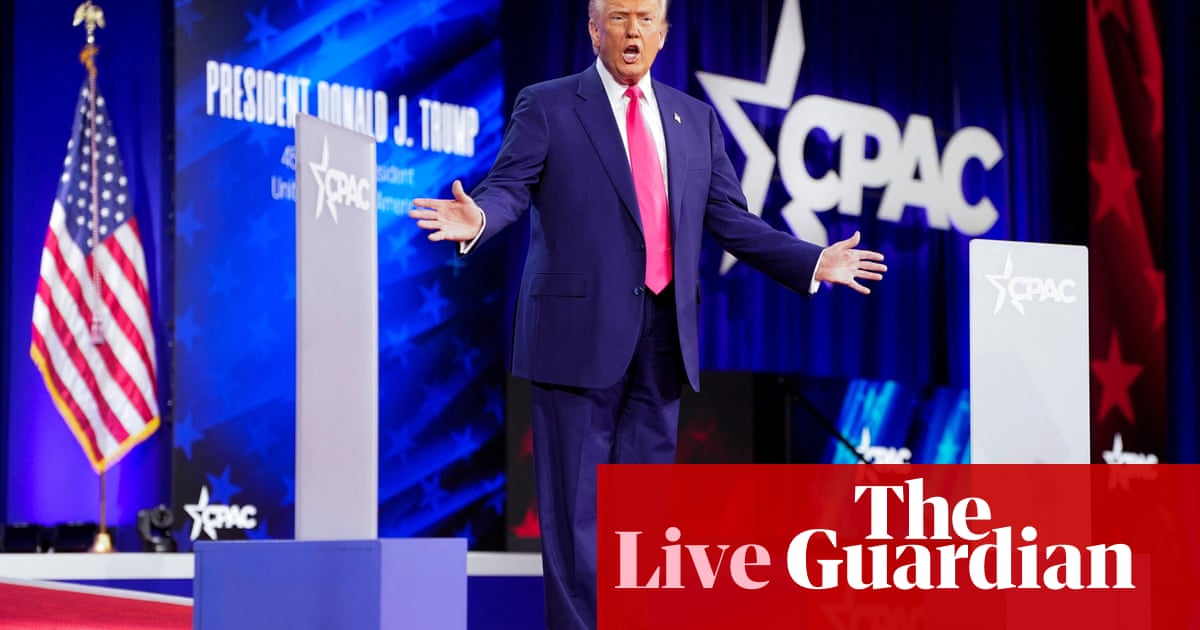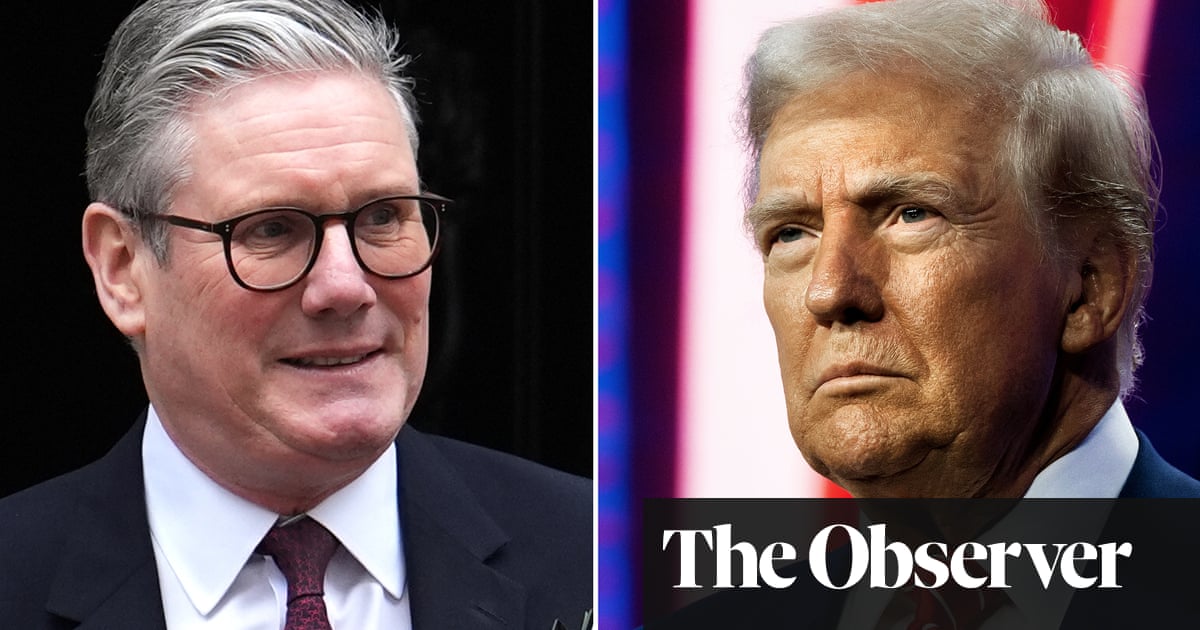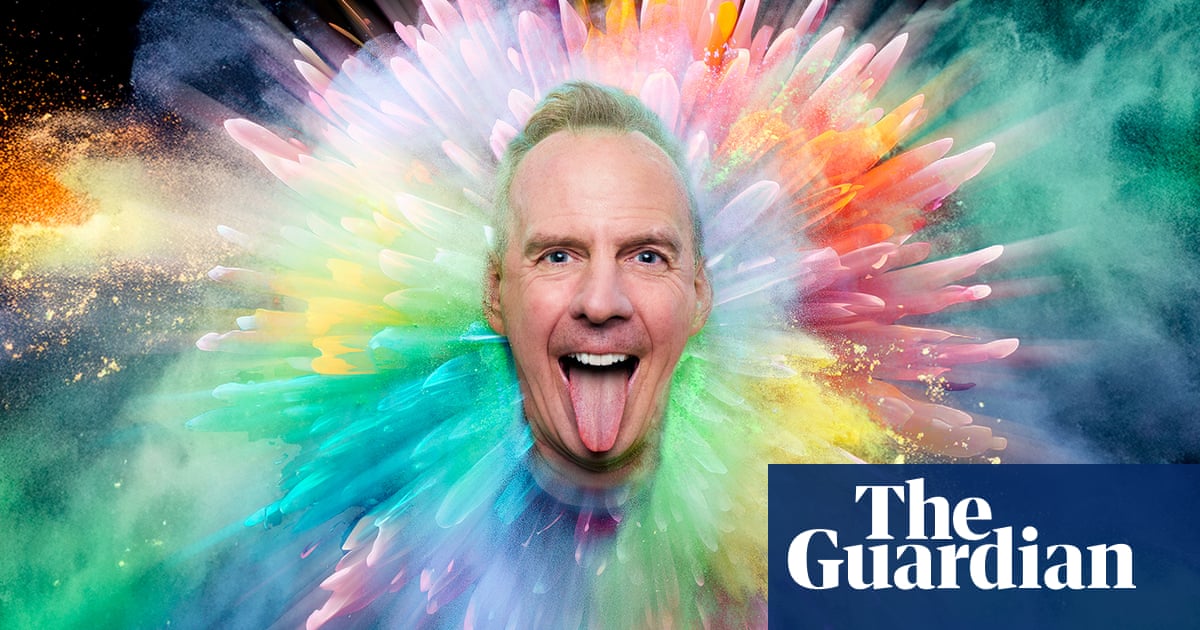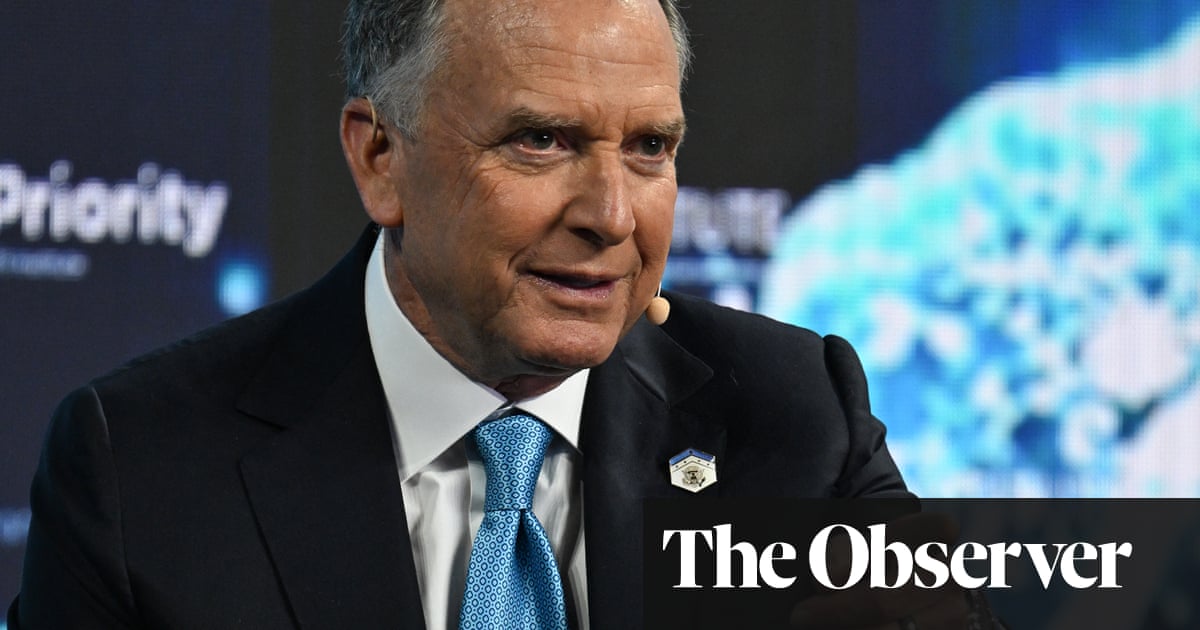When the US presidential election was called for Donald Trump, the yield on 10-year US government bonds increased from 4.3% to 4.4%, and the 30-year bond yield rose from 4.5% to 4.6%, with both remaining at those levels 10 days later.
As the bond market declined – higher yields mean lower prices – the stock market rose. Clearly, investors expect the next Trump administration to produce higher government budget deficits and more debt.
It is not difficult to see why. During Trump’s first term in office, he added $8tn (£6.3tn) to the national debt – all previous presidents combined had accumulated $20tn – despite having promised to run budget surpluses so large that they would eliminate the national debt within two terms.
In this year’s election campaign, he vowed to cut taxes for seemingly every group that caught his fancy. According to the Committee for a Responsible Federal Budget’s central estimate, Trump’s tax proposals imply $10tn in forgone revenue over the next 10 years.
Add to that an extra $1tn in interest accrued on the national debt, and the losses far exceed the $3tn in added revenue that would come from the sky-high tariffs Trump has pledged to introduce. This will require the federal government to sell a lot of bonds – a practice that will keep their price low and interest rates high.
The Republican party line is that the lost revenue will be offset by spending cuts. It is a refrain we have heard before. In fact, Trump is continuing a 45-year tradition of Republican presidents making sweeping promises to cut government spending, which they claim will more than cover revenue losses from tax cuts. From Ronald Reagan to George W Bush – and, of course, Trump – they have all failed spectacularly.
Trump is also upholding another Republican tradition: appointing a toothless advisory commission of businesspeople. This time, it is the new Department of Government Efficiency (Doge) – to be headed by Elon Musk and Vivek Ramaswamy – which is supposed to cut waste, fraud and abuse from the federal budget.
According to Musk, Doge will be able to slash “at least $2tn” from the budget each year. This goal – which amounts to 31% of annual US spending, and 7% of US GDP – is sheer fantasy.
Don’t let the word “department” fool you: Doge is an advisory commission, not a government department. And although Republicans control all branches of government, its recommendations are unlikely to be enacted; they might not even develop into actionable policy proposals.
But even if we put aside Doge’s weaknesses – not to mention the huge ethical conflicts that its activities would create for Musk, the world’s richest man – the $2tn figure remains absurd.
When Republicans say they want to slash federal spending, they typically specify that they will not cut mandatory programmes – so-called entitlement spending. But the major entitlement programmes – social security, Medicare, other healthcare programmes – accounted for half of all federal spending last year, or 61% if farm-price support and other income-support programmes are included. With retired people comprising a growing share of the population, entitlement spending in the future will only rise.
Interest payments, which account for 13% of total spending, cannot be cut either – unless the US wants to default on the national debt. (While Trump has revelled in his ability to default on debts, having declared business bankruptcy six times, most Republicans are not interested in the US doing so.) And this bill, too, is likely to continue rising, as debt is rolled over at interest rates well above the rock-bottom rates of five or 15 years ago.
That leaves discretionary spending, which accounts for about 25% of total expenditure. But if one considers defence spending untouchable – as most Republicans do – we are talking about just 12% of the total budget.
Can Trump and Musk find their desired savings here? Say they go fully draconian – starting by abolishing the Department of Education altogether, as Trump has pledged to do. This would reduce total spending by 4%.
after newsletter promotion
Then what? Maybe foreign aid. But, contrary to the impressions of many voters, aid accounts for just 1% of all federal spending. Military aid to Israel – something Republicans will not touch – accounts for the largest share. Perhaps Trump would like to cut humanitarian assistance, such as famine relief, but that is just one-fifth of the total.
It is difficult to imagine abolishing the Federal Aviation Administration and other federal transportation programmes – 2% of spending – but let’s say Trump does it. Let’s also say he eliminates all spending on the Department of the Interior (including the National Parks Service) and the Department of Commerce (including the National Weather Service).
In fact, let us imagine that the US cancels all non-defence discretionary spending. That would still not be enough to save the US federal government $2tn annually, let alone pay for Trump’s tax cuts and balance the budget.
None of this is to say that US budget deficits – which are running in excess of 6% of GDP – do not need to be reduced. With the debt-to-GDP ratio having climbed steadily since 1981 – punctuated by temporary declines in 1994-2000 and 2021-22 – the national debt is undoubtedly on an unsustainable path. Since last year, the gross debt-to-GDP ratio has broken the record set in 1946, at the end of the second world war, and its rise is set to accelerate.
Trump’s next administration – with the sweeping tax cuts it is sure to introduce – will be a powerful driver of this trend. Financial markets might be buoyant now, but eventually – and perhaps before too long – they will come to appreciate the unsustainability of US debt. At that point, social security and other entitlement spending will be cut far more sharply than if they were cut now, or if taxes were not cut.
Supporters often say that a businessman like Trump or Musk will know how to put America’s fiscal house in order. But the smart money says they have no idea what they are doing.
Jeffrey Frankel is a professor of capital formation and growth at Harvard University. He served as a member of President Bill Clinton’s Council of Economic Advisers.

 3 months ago
50
3 months ago
50













































